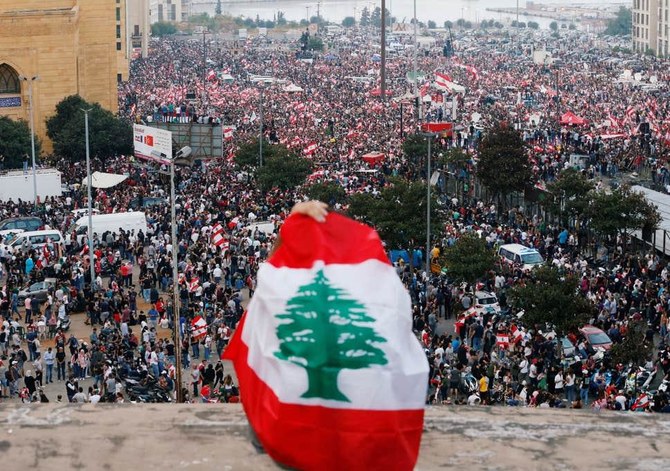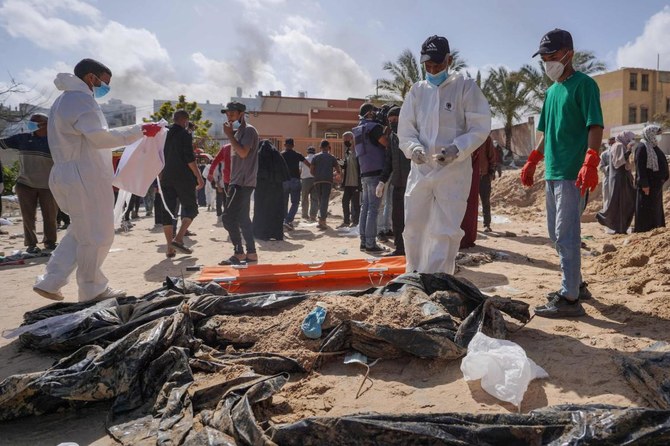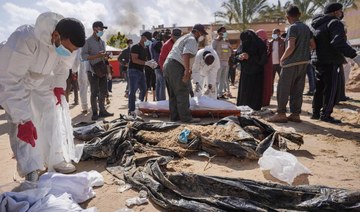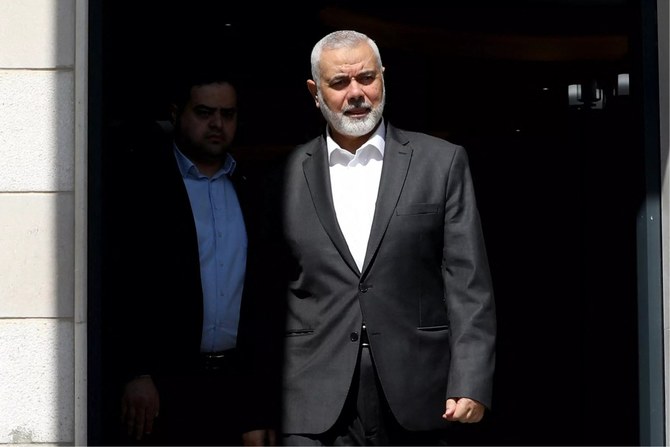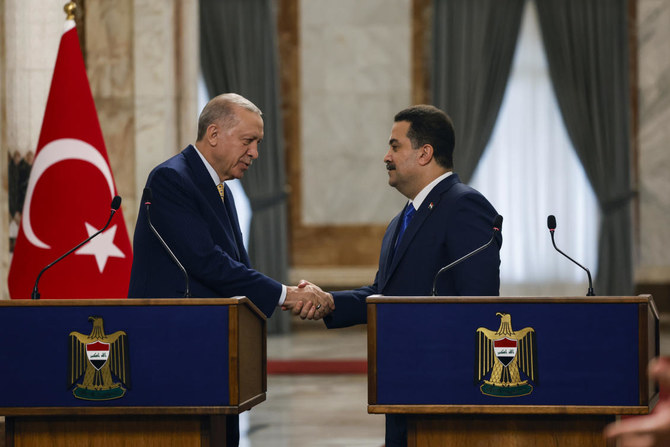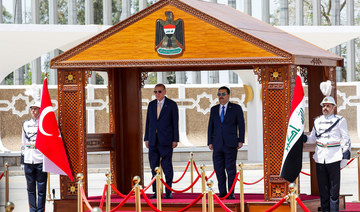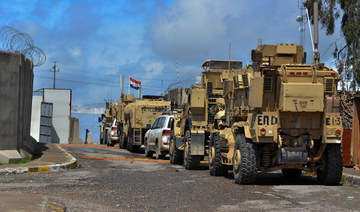BEIRUT: The Lebanese youth revolt against tax increases and corruption began on social media with protests about a proposed levy on WhatsApp, bringing dissent from the virtual world to the real world.
For the first five days of the demonstrations, television images transmitted live to the Lebanese public provided the incentive for people to take to the streets.
On the sixth day, activists reconsidered social media, and WhatsApp has become the most-used platform to transmit live images.
The objection of Lebanese army soldiers to motorcyclists holding the flags of Amal and Hezbollah led to the protest rally in Riad Al-Solh Square in central Beirut on Monday night. This reassured those who were still apprehensive about taking to the street.
The “electronic revolution” is parallel to the revolution on the streets. It is mostly comprised of young people aged 12 and above.
Politicians should talk to these young people using modern means, which is what Prime Minister Saad Hariri has done. On his Twitter account, Hariri tweeted part of his speech after the cabinet meeting: “I will not allow anyone to threaten young demonstrators. Your voice is heard, and if your demand is an early election to make your voice heard, I am with you. You have returned the Lebanese identity to its right place outside any sectarian restriction.”
Activists leading the protests have been devising various forms of electronic attraction to motivate people to take to the street, including a video with the signature “Do you know why?” It includes songs about how to defy injustice, recounting the reasons for the revolution and filing “preliminary” demand papers summarizing the demands of people speaking on the street and in front of the cameras.
The hashtag #down_with_Bank_governor coincided with the move by some activists on Tuesday to the Central Bank of Lebanon to protest against the policy of its governor Riad Salameh. However, the response came through the same electronic means and other applications defending the governor.
Many rumors are circulating on social media, including that the president summoned the TV media for consultation and that there is a fear that the aim is to pressure the owners of the TV stations to stop transmitting live demonstrations to prevent protesters from expressing their opinion.
The most well-known action was that of the sister of the Free Patriotic Movement leader Gebran Bassil resorting to social media to defend President Aoun and her brother.
Dr. Iman Eliwan, a professor of modern media, said that young Lebanese view social media as their “only platform of expression, and touching it ignited the first spark of the protests. And resorting to it during the protests aimed at activating ‘networking’ to prevent any possibility of laxity and to remain united using one language.”
And whether the absence of a unified reference for the movement is caused by this “networking,” she said: “It is possible that there may be group leaders on social media, and they consider these platforms as their strength.”
Eliwan added: “These young people express deep anger and this happens at their age. We used to say that they belonged to the Sofa Party. But they went down to the streets. They control the streets. Maybe they are marginalized in their homes and in their communities.”
Asked if these online revolutions have achieved any results, she said: “It has not reached anywhere in the experiences that we have seen in the Arab world. It can ignite the spark and activate the movement, but the horizon of this movement is deadlocked.”



